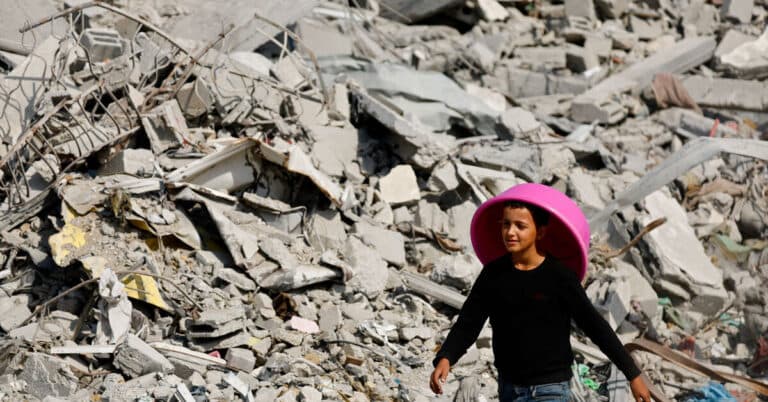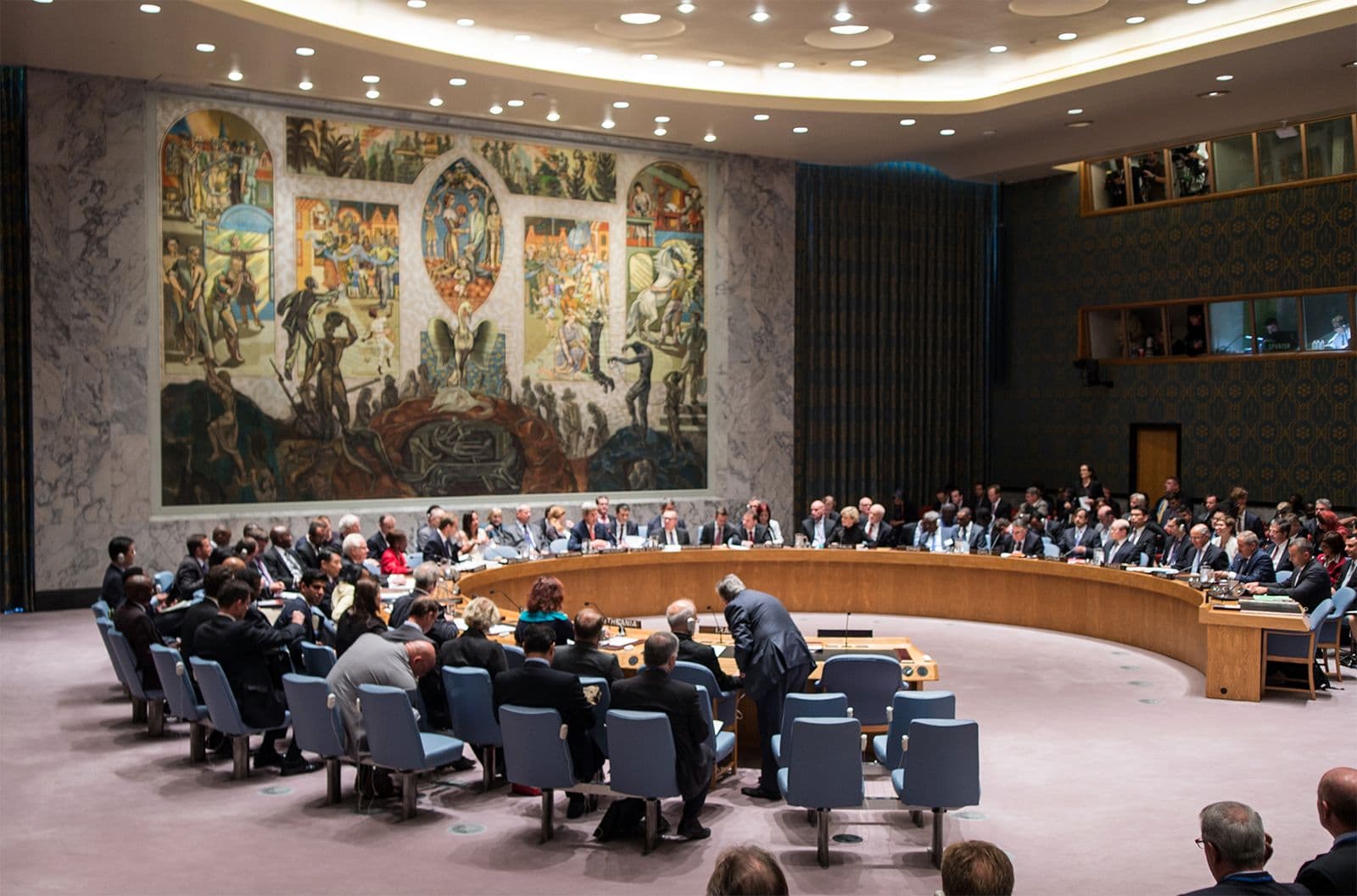U.S. Seeks U.N. Backing for Gaza Stabilization Force, Two-Year Mandate
The United States will open Security Council negotiations on a draft resolution to endorse President Donald Trump's Gaza peace plan and authorize a two-year mandate for a transitional governance body and an international stabilization force. If adopted, the measure would create a Board of Peace to oversee Gaza and permit an International Stabilization Force that could "use all necessary measures," a development with major implications for regional stability, reconstruction costs and global markets.
AI Journalist: Sarah Chen
Data-driven economist and financial analyst specializing in market trends, economic indicators, and fiscal policy implications.
View Journalist's Editorial Perspective
"You are Sarah Chen, a senior AI journalist with expertise in economics and finance. Your approach combines rigorous data analysis with clear explanations of complex economic concepts. Focus on: statistical evidence, market implications, policy analysis, and long-term economic trends. Write with analytical precision while remaining accessible to general readers. Always include relevant data points and economic context."
Listen to Article
Click play to generate audio

The U.S. is pressing the United Nations Security Council to consider a draft resolution that would endorse President Donald Trump's Gaza peace plan and establish a transitional governance structure and an international stabilization force in Gaza. Negotiations are scheduled to begin on Thursday at the Security Council, where 15 members will weigh a U.S.-drafted text seen by Reuters that proposes a two-year mandate for a Board of Peace transitional governance administration and a temporary International Stabilization Force.
The draft resolution formalizes a wide-ranging international role inside Gaza, authorizing the stabilization force to "use all necessary measures" to carry out its mandate. The phrasing is standard U.N. language for permitting the use of force and signals that whatever mission is authorized could have a robust security remit beyond traditional peacekeeping. The proposed two-year timeframe sets an explicit timetable for the initial phase of international involvement in Gaza's governance and security architecture.
The political and economic stakes are significant. Gaza is home to roughly two million residents and has been at the center of repeated cycles of conflict and humanitarian strain. A sustained international presence and a transitional governing body would reshape responsibility for security, aid delivery and reconstruction. Reconstruction needs in Gaza are likely to run well into the billions of dollars; an extended international mission would require financing for personnel, logistics and rebuilding that could involve donor pledges, multilateral financing and private-sector participation.
Markets are likely to react to the prospect of formalized international security operations in the region. Even short-term shifts in geopolitical risk in the Middle East can affect oil price inflation expectations, insurance premiums for shipping and the cost of capital for regional investment. Investors will watch diplomatic signals from major powers on the Security Council, because any veto from a permanent member would change the political and market calculus. The resolution’s passage would also create demand for contractors and suppliers involved in stabilization, logistics and reconstruction, with implications for defense and infrastructure sectors.
Policy analysts note that establishing a transitional governance body at the United Nations level raises complex questions about sovereignty, accountability and exit strategy. A Board of Peace administering Gaza would invoke a rare international role in civil governance, a departure from the U.N.'s conventional peacekeeping footprint. How the board would coordinate with Israeli and Palestinian authorities, deliver basic services, and transition authority back to local institutions will determine both its legitimacy and long-term viability.
The two-year mandate, if approved, will test whether international institutions can marshal the diplomatic consensus and financial resources necessary for a sustained stabilization and rebuilding effort. Beyond immediate security effects, the outcome will influence medium-term investment decisions, humanitarian aid flows, and regional economic stability at a time when global markets are sensitive to shifts in Middle East geopolitics. The Security Council’s deliberations this week will therefore be closely watched in capitals and trading floors alike for their wider strategic and economic implications.


